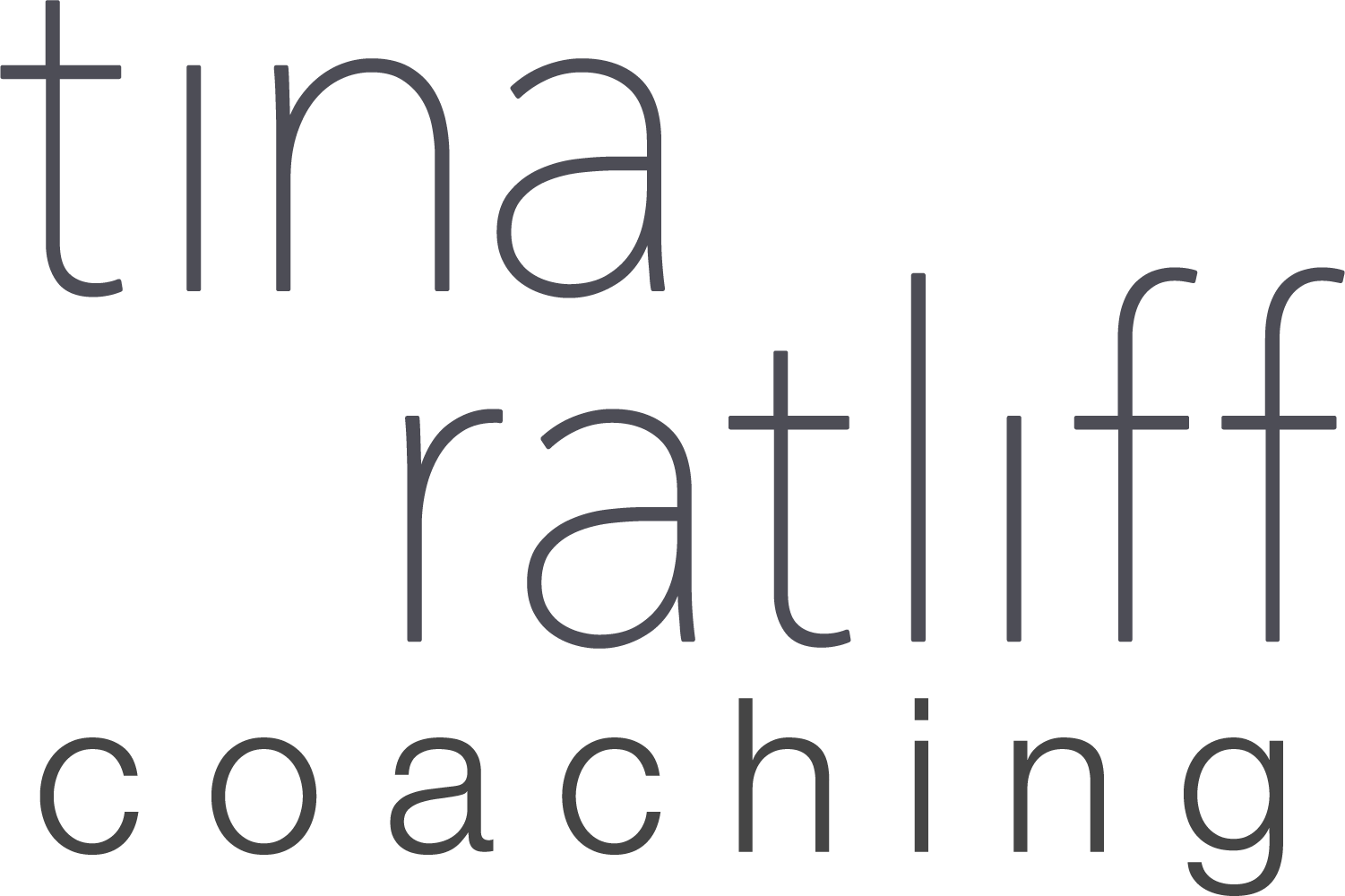| Have you ever been told that if you change how you think, it will change how you feel. The idea being that if we tell our thoughts what to think, then our feelings will subside and reflect our thinking.
I was frequently told this because I have always had big emotions that were likely inconvenient for the adults around me. I remember people telling me to stop it, think better thoughts, and quit wearing my feelings on my sleeves. Many of my childhood pictures reflect a little girl with tears welling up in her eyes. Always crying. Always feeling. And, sadly, always alone in it. If only I could just think better thoughts, Right? Neuroscience tells us that it is only when we are emotionally regulated that we can access the thinking part of our brain. So how DO we get emotionally regulated? Our brains are designed to regulate through connection with an Other. When we process our big feelings with another person, it calms our dis-regulated state of being. Whether an adult or a child, connection to an other is how we gain access to the thinking part of our brain and become emotionally regulated once again. When a child feels ‘undone’, what they need is for an adult to come and ‘see’ them. When the adult comes alongside the child and ‘sees’ with their heart how they are feeling, this helps regulate them. They might hold or put their arm around the tearful or frightened child and simply listen and contain their big emotions. They understand how the child is feeling because they listen to them, ask them questions, and give them the language of emotions to express what they are experiencing inside. Words like sad and angry and hurt and scared give the child language that makes sense of their jumbled inner world. The child feels felt. This is called mirroring. Over time, when an adult consistently does this task of mirroring the big feelings alongside them, the child, because he feels felt, learns how to regulate their big emotions when they arise. Their confused inner world becomes understood and calmed through the connection of an Other over time. Thus they learn the skill of regulating their emotions. We learn or don’t learn the skill of emotional regulation as children. If we didn’t receive this mirroring growing up, our emotions can often knock us over when we are adults. Having rarely experienced feeling felt, we become tossed in the tumultuous waves, losing our sense of calm and even our sense of Self. We have difficulty holding onto who we are as an adult, because when we experience certain emotions, we can become confused, just as we did when we were a child. We may have left our childhoods to become adults, but in this inner part of ourselves, we launched into the adult world retaining the developmental state of that same frightened, confused, dis-regulated little child. Like me, do you have big feelings? Do they sometimes knock you over, leaving you feeling confused or out of sorts? This may mean that you didn’t get a developmental need met as a child. Or it may just mean that your emotions are telling you something, and you can use the well worn skills of connecting with an Other in order to regulate your system. Maybe you and I are similar in that we didn’t have the benefit of healthy connection during unsettling times as children. The good news is that it is not too late. Our brains are designed to help us heal and grow throughout our entire lives. For as we experience the connection of an Other during the times we feel undone, and we get this safe, warm, healing experience of feeling felt over and over, we gradually learn how to self-regulate our inner and outer world when we are faced with waves of unsettling emotions. One place to develop the skill of self-regulation can be in the context of a Growth Group. These groups can help us get the consistent experience of healthy connection to an Other. It is especially helpful if you do not have this happening naturally in your current relationships. We can build this skill in Group, and learn how to take it into our existing relationships. If you would like to know more about the possibility of joining one of my in-person groups, let’s be in touch! The structure of the Group, with it trainings, work groups, story work, experientials and process time, all contribute to the development of your Emotional Intelligence and therefore increase your ability to be emotionally regulated when life’s storms, big and small, loom over head. Onward, |

